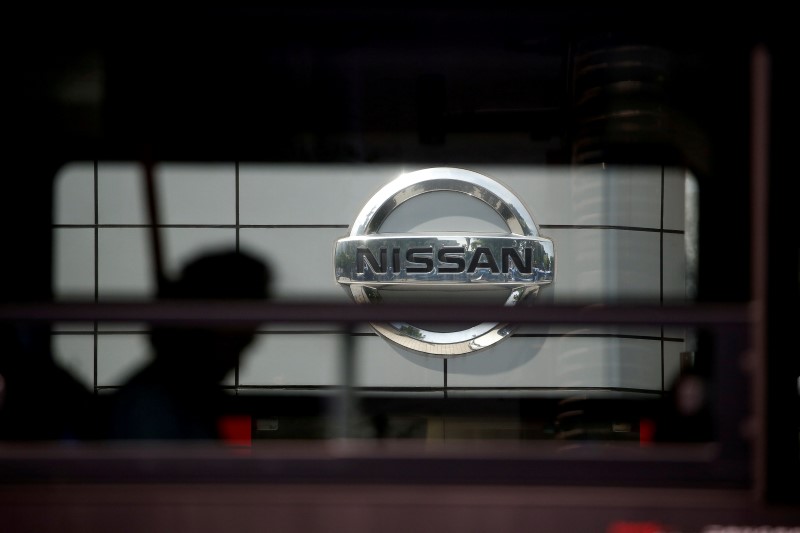By Norihiko Shirouzu
ATSUGI, Japan (Reuters) - Japanese automaker Nissan Motor Co (T:7201) has come up with a new type of gasoline engine it says may make some of today's advanced diesel engines obsolete.
The new engine uses variable compression technology, which Nissan engineers say allows it at any given moment to choose an optimal compression ratio for combustion - a key factor in the trade-off between power and efficiency in all gasoline-fuelled engines.
The technology gives the new engine the performance of turbo-charged gasoline engines while matching the power and fuel economy of today's diesel and hybrid powertrains - a level of performance and efficiency the conventional gasoline engine has so far struggled to achieve.
The potential breakthrough technology comes at a time when diesel engine technology has been tarnished by Volkswagen's (DE:VOWG_p) emissions cheating scandal.
The German automaker admitted last year to using secret software to cheat exhaust emissions tests on its diesel cars, affecting millions of vehicles worldwide, and prompting the departure of the company's CEO and other executives.
"Diesel engine is a hot topic globally. We believe this new engine of ours is an ultimate gasoline engine that could over time replace the (advanced) diesel engine of today," Kinichi Tanuma, a senior Nissan engineer who leads product development for the premium Infiniti brand, told reporters at a pre-launch briefing last month.
"Everyone's been working on variable compression and other technologies to significantly improve gasoline engine fuel economy ... at least for the last 20 years or so," said James Chao, Asia-Pacific managing director at consultant IHS.
"Increasing the fuel efficiency of internal combustion engines is critical to automakers. Not all consumers will accept a battery electric vehicle solution. But significant challenges remain, such as increased complexity and cost, as well as potential vibration issues."
TO INFINITI ... AND BEYOND
The new Variable Compression-Turbo (VC-T) powertrain, expected to be officially unveiled at next month's Paris motor show, will initially be showcased in an Infiniti car to be unveiled next year, Nissan engineers said, without elaborating. Eventually, it's expected to be used in Nissan cars and possibly by its alliance partner Renault (PA:RENA).
The turbo-charged, 2-liter, four-cylinder VC-T engine averages 27 percent better fuel economy than the 3.5-liter V6 engine it replaces, with comparable power and torque. Nissan says the new engine matches the diesel engine in torque – the amount of thrust that helps determine the car's acceleration.
The engine is also cheaper than today's advanced turbo-charged diesel engines, Nissan engineers said at the briefing at the company's technical and design center in Atsugi, south of Tokyo. They said it should also meet nitrogen oxide (NOx) and other emissions rules in certain markets without requiring costly treatment systems.
OPTIMAL RATIO
The compression ratio measures how much the air-fuel mix is reduced, or compressed, in the gasoline engine's cylinders before it's ignited and produces energy. The higher the ratio, the more efficiently the engine works, producing better fuel economy and, with the addition of a turbo-charger, more power.
Traditionally, design engineers had to fix a gasoline engine's combustion compression ratio, essentially deciding whether to go for power or economy.
Nissan says the new VC-T engine can choose an optimal compression ratio variably between 8:1 and 14:1. That compares with mainstream production gasoline engines that run at compression ratios of 8:1 to 10:1. Exotic sports cars and racing cars run at 12:1 or more.

"We think the VC-T engine could replace or become an alternative to some of today's advanced diesel engines," Tanuma said, noting the new engine's fuel economy and performance could be significantly boosted by coupling it to a gasoline-electric hybrid system, an option Nissan said it's considering.